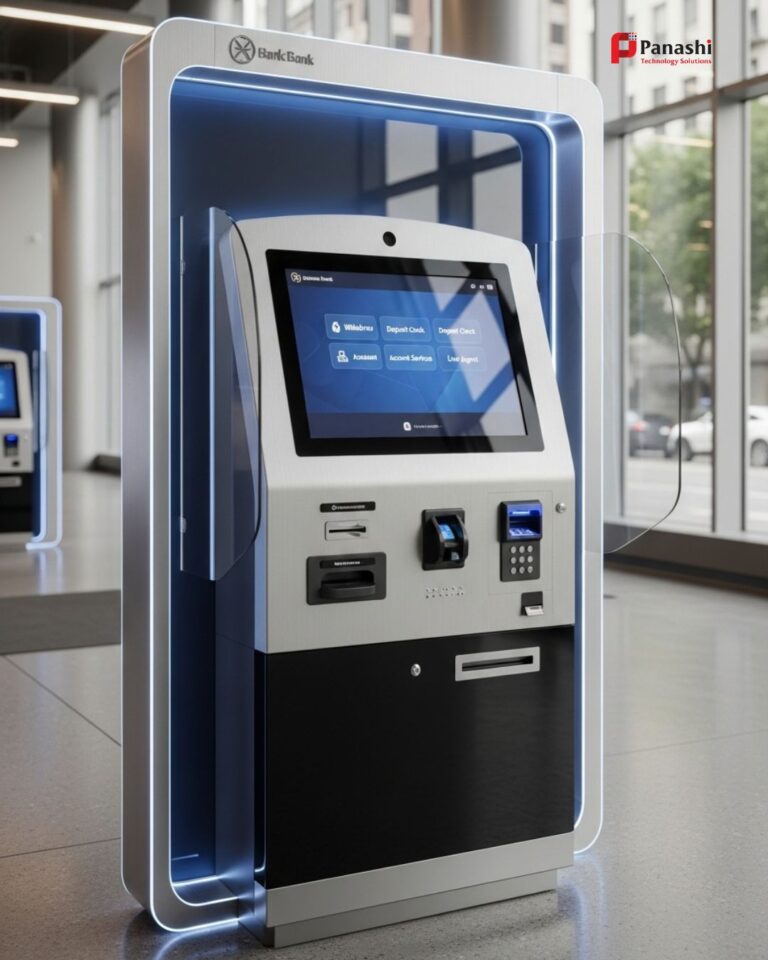Amid a new age of global hiring and remote work, companies can dip into talent pools from anywhere in the world— including India, a global leader in tech, finance, and engineering.
However, while global expansion is exciting, it comes with exposure to compliance risks – one of the largest(and most overlooked) risks for all companies is Permanent Establishment (PE) Risk.
In simple words, the business income is subject to taxation in India if the foreign entity is carrying on a business through a Permanent Establishment in India.
An Employer of Record (EOR) is the best way to remotely hire Indian talent. They ensure compliance and perform HR related tasks for the foreign firms. Moreover, EORs even prevent foreign firms from being taxed under Permanent Establishment (PE), which is one of the most overlooked risks during remote hiring.
In simple words, the business income is subject to taxation in India if the foreign entity is carrying on a business through a Permanent Establishment in India.
If you’re a company hiring or operating in India in a way that establishes a real and intimate connection between the business of non-residents with the activities performed in India to generate revenue for non-residents and the activities appears to be local and ongoing, the Indian tax authority (CBDT) may deem you to have created a PE—and that makes your company taxable under Indian law.
Real Scenario: How PE Risk Happens
Example: A U.S.-based SaaS startup hires a senior engineer in India to work remotely. Over time, that employee:
- Joins client calls
- Delivers product demos
- Helps negotiate integration scopes
To Indian tax regulators, this setup could resemble a dependent agent PE. Without an entity, your company might now owe corporate tax in India — and you didn’t even realize it.
Source: https://www.orbtrak.com/insights/what-is-permanent-establishment-risk



